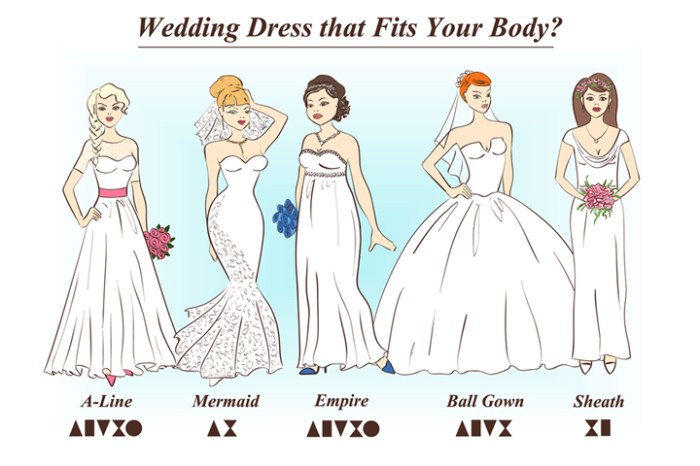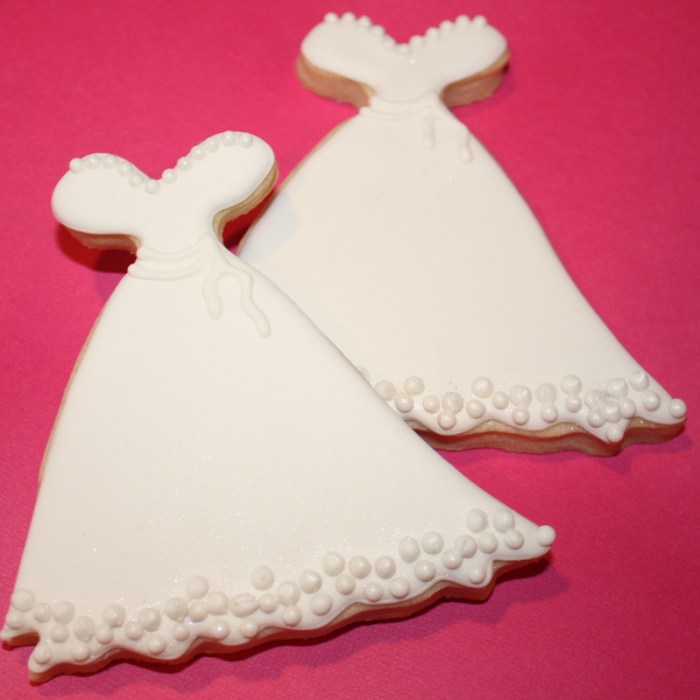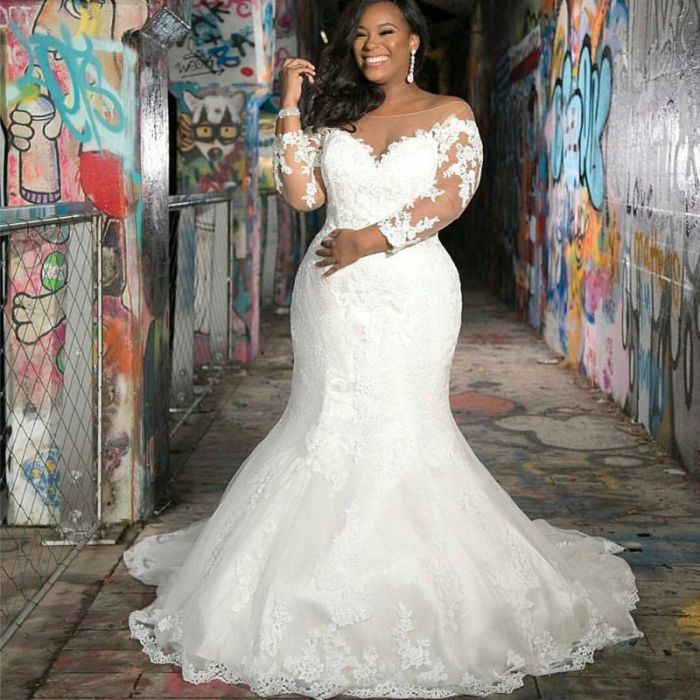Sustainable Wedding Dresses: A Guide to Eco-Conscious Choices: Dresses To Wear To A Wedding Sustainable
Dresses to wear to a wedding sustainable – Choosing a wedding dress is a significant decision, and increasingly, brides are considering the environmental and ethical impact of their choices. This guide explores the world of sustainable wedding dresses, offering insights into fabric selection, ethical sourcing, and stylish options for an eco-conscious celebration.
Defining “Sustainable” Wedding Dresses
A sustainable wedding dress prioritizes environmental responsibility and ethical labor practices throughout its lifecycle. This encompasses the fabric’s origin, the manufacturing process, and even the dress’s eventual disposal. Eco-friendly fabrics, such as organic cotton, hemp, and recycled materials, are preferred. Manufacturing should involve fair wages and safe working conditions for garment workers. Transparency in the supply chain is also crucial.
Examples of eco-friendly fabrics include organic cotton, which is grown without harmful pesticides and fertilizers; hemp, a durable and sustainable fiber; Tencel (Lyocell), a cellulose-based fabric made with a closed-loop process; and recycled fabrics, made from pre-consumer or post-consumer textile waste. These materials offer a variety of textures and aesthetics while minimizing environmental harm.
| Fabric | Environmental Impact | Durability | Aesthetic Qualities |
|---|---|---|---|
| Organic Cotton | Lower impact than conventional cotton; reduced pesticide use. | Moderate; prone to wrinkling. | Soft, breathable, versatile. |
| Hemp | Highly sustainable; requires minimal water and pesticides. | High; strong and durable. | Slightly coarse texture; can be blended for softness. |
| Tencel (Lyocell) | Low environmental impact; closed-loop production process. | Moderate; drapes well. | Soft, smooth, luxurious drape. |
| Recycled Polyester | Reduces landfill waste; lower carbon footprint than virgin polyester. | High; durable and wrinkle-resistant. | Versatile; can mimic various textures. |
Dress Styles for Sustainable Weddings
Sustainable wedding dresses are not limited to a single style. Simple, classic designs are particularly versatile, easily adaptable to different venues and seasons with the addition of accessories. These styles often transcend fleeting trends, ensuring the dress remains a cherished piece long after the wedding day.
- A-Line Gown: Flattering on most body types, this classic silhouette is elegant and timeless.
- Sheath Dress: Sleek and sophisticated, ideal for a more modern or minimalist wedding.
- Empire Waist Dress: Flowing and romantic, this style is comfortable and accentuates the waistline.
- Tea-Length Dress: A charming and versatile option, suitable for both formal and informal settings.
- Simple Slip Dress: Minimalist and chic, this style can be dressed up or down with accessories.
Sourcing Sustainable Wedding Dresses
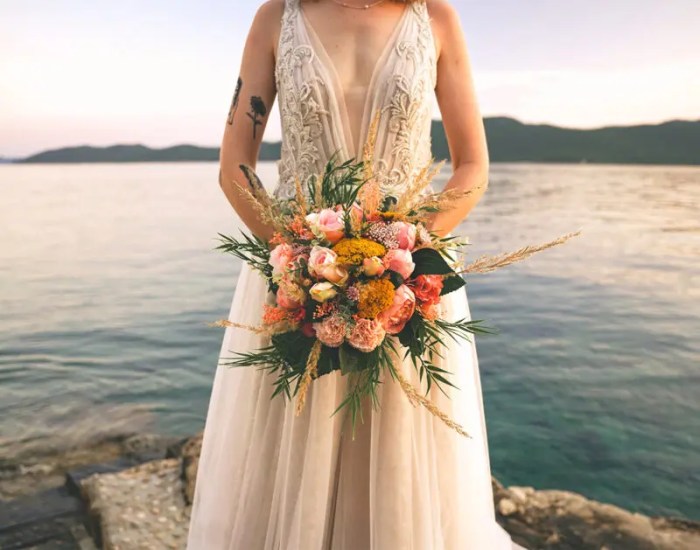
Source: mygreencloset.com
Finding a sustainable wedding dress involves researching ethical brands and considering alternative sourcing options. Several designers and retailers prioritize sustainable practices, using eco-friendly materials and ethical production methods. Buying pre-owned or vintage dresses significantly reduces the environmental impact and can offer significant cost savings.
Reputable brands often highlight their commitment to sustainability on their websites. Online marketplaces and consignment shops offer a wide selection of pre-owned and vintage wedding dresses. Local bridal boutiques may also carry sustainable lines or be able to assist in finding a vintage dress.
- Online Platforms: Still White, The RealReal, Etsy
- Local Resources: Consignment shops, vintage boutiques, bridal salons specializing in sustainable brands.
Accessories and Ethical Considerations, Dresses to wear to a wedding sustainable
Extending the commitment to sustainability to wedding accessories ensures a cohesive and responsible approach. Ethical sourcing and eco-friendly materials are key considerations. This includes choosing jewelry made from recycled metals or ethically sourced stones, shoes made from sustainable materials like organic cotton canvas or recycled leather, and veils crafted from organic silk or recycled fabrics.
Considering the entire lifecycle of the wedding dress, from production to disposal, is crucial. Responsible consumption involves choosing durable, high-quality pieces that can be cherished and potentially repurposed later. Proper care and maintenance can also extend the life of the dress.
| Accessory | Sustainable Option | Material | Ethical Considerations |
|---|---|---|---|
| Jewelry | Recycled metal jewelry | Recycled gold, silver, or other metals | Ensure fair labor practices and responsible sourcing of metals. |
| Shoes | Organic cotton canvas shoes | Organic cotton canvas | Verify fair trade certification and sustainable manufacturing. |
| Veil | Recycled lace veil | Recycled lace or organic silk | Source from reputable brands committed to ethical production. |
Visual Representation of Sustainable Wedding Dresses
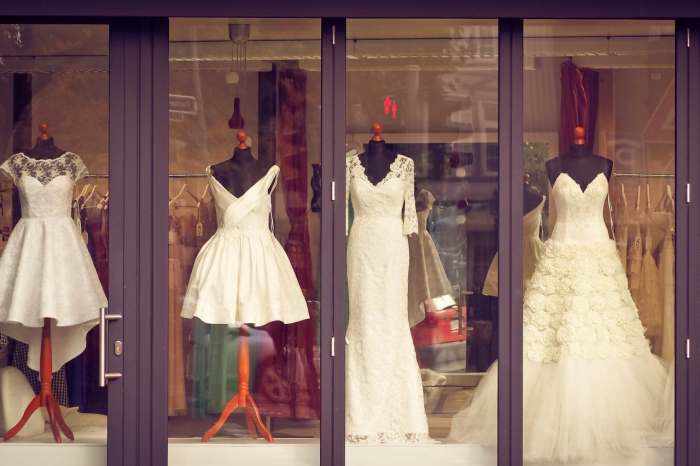
Source: earthbuddies.net
Imagine a flowing A-line gown crafted from soft, ivory organic cotton. The fabric’s natural texture lends a subtle, rustic charm, while its gentle drape creates a romantic silhouette. The dress features delicate lace detailing made from recycled materials, adding a touch of vintage elegance. The overall aesthetic is effortlessly chic and timeless.
Envision a unique wedding dress made from recycled silk scarves. The dress features a playful mix of colors and patterns, each scarf contributing a unique element to the design. The textures are varied and interesting, reflecting the diverse origins of the materials. The silhouette is modern and unexpected, celebrating the beauty of repurposed materials.
Picture a bohemian-inspired gown created from repurposed lace and embroidered fabrics. The dress incorporates a mix of creamy whites, soft ivories, and subtle blush tones, creating a romantic and ethereal color palette. The repurposed elements add character and depth to the design, resulting in a one-of-a-kind piece with a unique story.
Choosing sustainable dresses for weddings is a thoughtful approach, minimizing environmental impact while still looking stylish. For a particularly formal affair, such as a black-tie summer wedding, finding the right balance can be challenging; however, resources like this guide on black tie summer wedding guest dress options can help you navigate the choices. Remember, prioritizing sustainable materials like organic cotton or recycled fabrics keeps your look both elegant and eco-conscious.
Budgeting for a Sustainable Wedding Dress
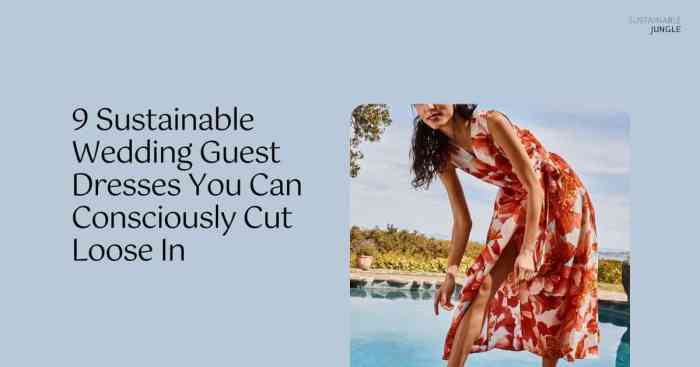
Source: sustainablejungle.com
While sustainable wedding dresses may sometimes have a higher initial cost compared to those made from conventional materials, the long-term value proposition is significant. High-quality, durable materials ensure the dress can be cherished for years to come. Furthermore, the ethical and environmental benefits add immense value that extends beyond the monetary aspect.
Cost-effective strategies include renting a sustainable dress, buying a pre-owned gown, or choosing a simpler design that minimizes material usage. Prioritizing quality over quantity ensures a lasting investment that aligns with sustainable principles.
Essential FAQs
Can I alter a sustainable wedding dress to fit me better?
Yes, most sustainable dresses can be altered. Check with the seller or a seamstress for details.
How do I care for a sustainable wedding dress after the wedding?
Follow the care instructions provided by the seller. Dry cleaning is often recommended for delicate fabrics.
Are sustainable wedding dresses more expensive?
Not necessarily. While some sustainable options may be pricier, renting, buying secondhand, or choosing simpler designs can help manage costs.
Where can I find a sustainable wedding dress in my local area?
Search online for local boutiques or bridal shops specializing in sustainable or ethical fashion. Check local consignment shops as well.

